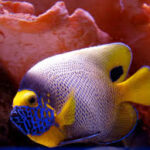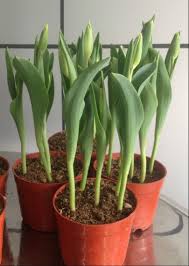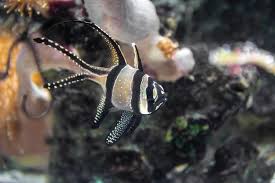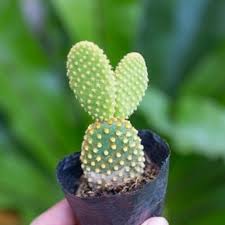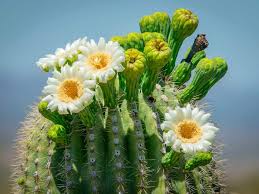Pawsitively Adorable: Embrace Canine Charm with Dog Earrings
Celebrate the unconditional love and joy that our furry friends bring into our lives with our Dog Earrings collection. Each pair is a whimsical homage to the playful and loyal nature of dogs, capturing their essence in charming miniature designs. Discover the perfect accessory to express your love for man’s best friend as we unveil…

